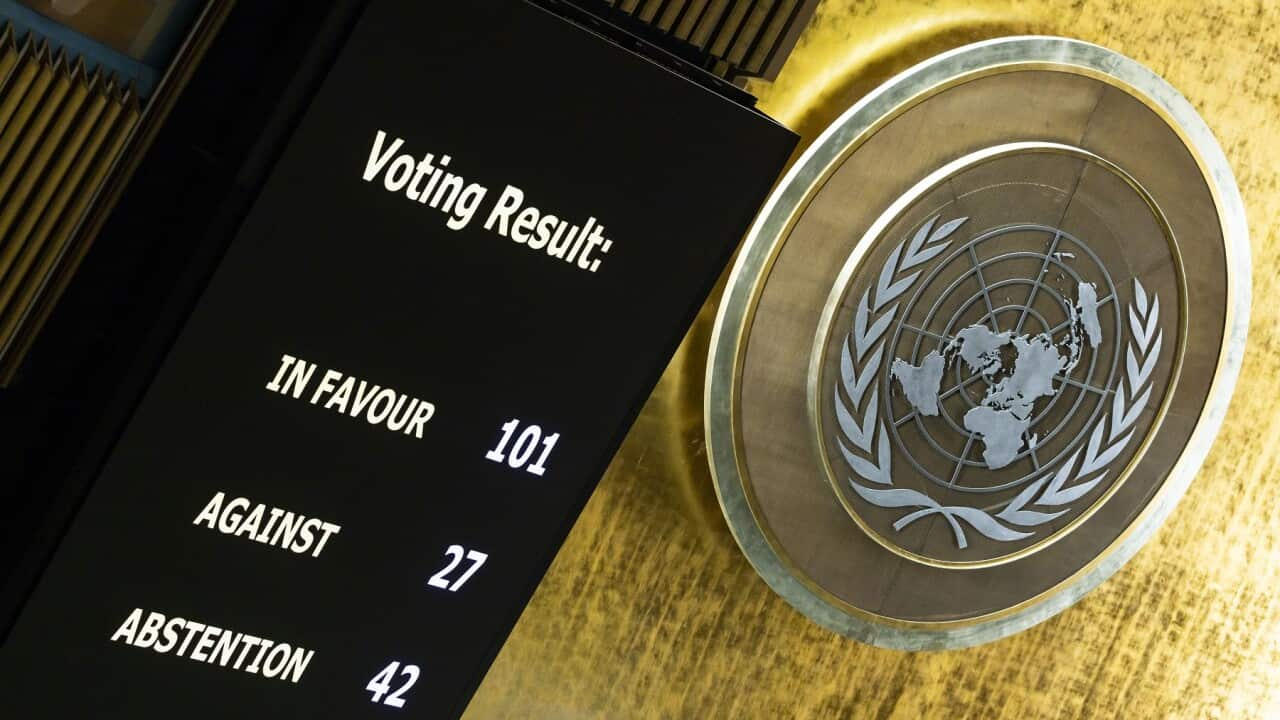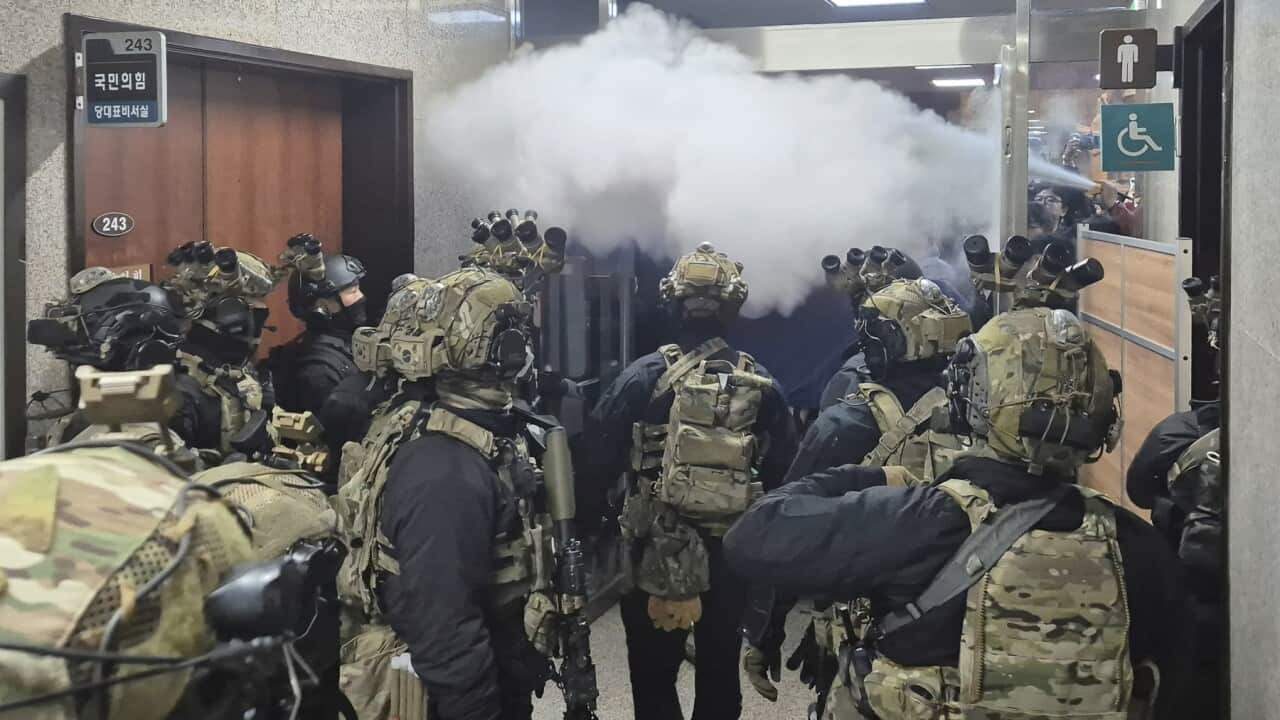TRANSCRIPT
Robert Fico is making headlines in Slovakia and across Europe.
The 59-year-old is the leader of the SMER party and has just been announced as the winner of the general election.
His party grabbed the biggest share of the vote, which is nearly 23 percent.
Mr Fico took a harsh stance against his country's support of Ukraine, and that made him highly noticeable outside of Slovakia.
He reiterated this view in his victory speech:
"Slovakia and people in Slovakia have more serious problems than Ukraine. That's all I can say at this moment. We believe Ukraine is a great tragedy for everybody. If Smer happens to form a government, no matter if it gets the post of the prime minister, it is irrelevant now, we will do all we can also within the EU to reach peace negotiations as soon as possible."
His campaign was widely seen as populist in nature.
He used Russian-style deep fakes and fake news, earning him a comeback after a disgraceful resignation as Prime Minister in 2018, when protests following the murder of a journalist and the rise of organised crime caused his downfall.
Now, Robert Fico's announced victory is widely seen as a threat to the unity of the European Union and NATO in their support of Ukraine.
He is compared to Hungarian leader Viktor Orban, who also made his name known across the world by criticising Kyiv.
Mr Orban even welcomed the victory of a man he called a "patriot".
Despite this, Robert Fico's campaign also included closing the border with Hungary to stop the flow of migrants, another of his favourite themes.
"One of the government's first decisions must be a government regulation to restore border controls with Hungary. And yes, that's all there is to it, and I stand by it. It won't be pretty pictures. Force may be needed to solve the migrant problem."
But is it really that simple?
Slovakia's president, Zuzana Čaputová, must ask him to form a government and this should happen as traditionally whoever wins the biggest share of the votes gets that privilege.
But that doesn't mean he will succeed.
Robert Fico is not devoid of contradictions.
His speeches mirror Moscow's views but he still denies being pro-Russian and wants to keep his country in NATO.
He is also the leader of a party that claims to be part of the social-democratic tradition of the European centre-left, all while espousing populist messages associated with the hard-right, to the point that other social-democrats across Europe severed all ties with him.
Robert Fico needs at least two coalition partners, one being an openly pro-Russian far-right party, the other a social-democrat party that is made up of precisely the sort of people who defected from Mr Fico's party.
So that's not necessarily an easy coalition to establish, and the social democrats have already let it be known they would consider other options, if needed.
No surprises Mr Fico's opponents still hope they could form their own coalition if he fails.
Michal Simecka, the leader of the Progressive Slovakia Party, which is pro-EU and Ukraine and came second in the polls, said as much after conceding defeat:
“If the things go ahead in the way they were announced by the president, the mandate to form the government will go to Robert Fico. But despite this, we’ve said during our campaign, we’ll do everything possible to prevent it from happening. So, Robert Fico won’t govern in Slovakia again.”
Robert Fico may also find himself having to moderate his stance once sitting in the Prime Minister's chair.
He knows it well, as he has been Prime Minister twice already, in 2006-2010 and again in 2012-2018.
At the time, he had to moderate his Eurosceptic rhetoric to integrate his country in the Euro currency.
In any case, Slovakia does matter.
The country of 5.5 million people has been a staunch supporter of Ukraine donating arms and opening the borders for refugees fleeing the war.
And meanwhile, European Union foreign policy chief Josep Borrell is in Kyiv, talking about the importance of information warfare:
"And now, just a moment ago, I'd been visiting another frontline, the frontline of the information war, because there is a war being fought with a classical arms or warfare, and there is another war, which is the war of information. Nothing new, the war of information has always existed, but now is being used massively in Russia"













